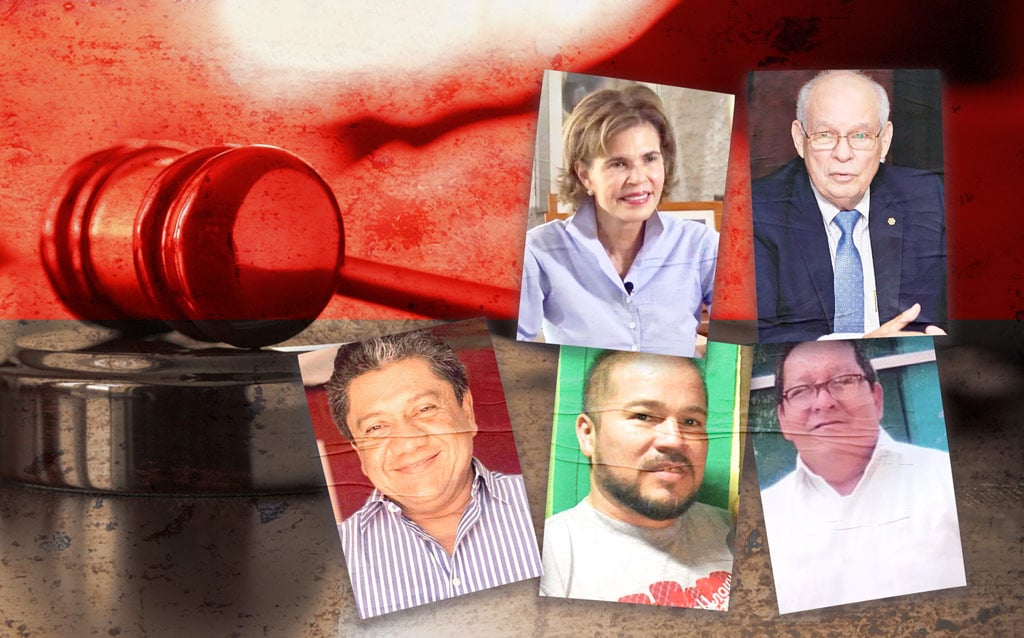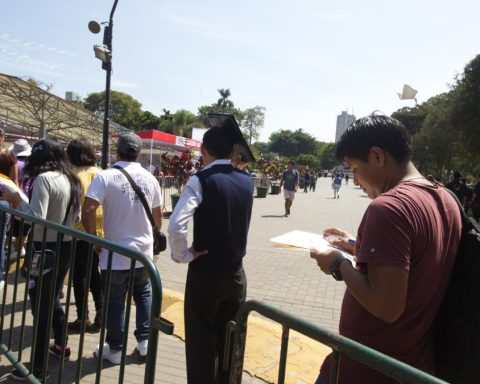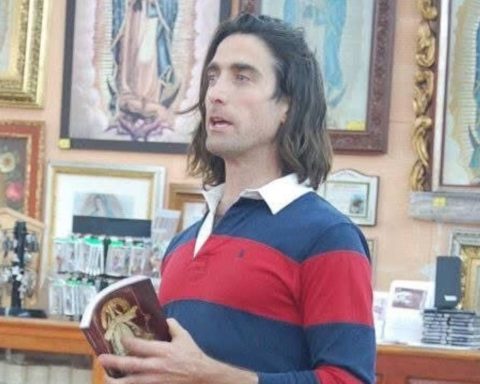Panama remains one of the countries in the region that constantly continues the fight against tobacco consumption, focused mainly on the implementation of the Framework Convention of the World Health Organization (WHO) that seeks to reduce its use. .
Dr. Reina Roa, Coordinator of the Commission for Tobacco Control of the Ministry of Health, stated that the WHO Framework Agreement establishes the approach to health warnings, the prohibition of advertising, smoke-free environments, the regulation of tobacco products and combating illicit trade.
In that sense, Roa referred to the use of electronic cigarettes, which he did not rule out that they represent a danger to health, because they contain nicotine.
“Nicotine includes a substance called an alkaloid that produces addiction, therefore, these products are considered addictive and in turn a public health problem, generating what is known as smoking,” he said.
According to the study, he mentioned that it has been shown that electronic cigarettes release toxic substances in their vapor and may even contain those that are not present in conventional tobacco.
He reiterated that the commercialization of electronic cigarettes is prohibited in the national territory and, together with the security forces, they coordinate to comply with this provision.
Regarding conventional tobacco, he said that it releases smoke that contains more than 4,000 toxic substances; many of them carcinogenic.
The Ministry of Health (Minsa) has a body of environmental sanitation inspectors distributed at the level of the health regions with the aim of ensuring compliance with the standards included in the WHO Framework Convention.
They also verify that electronic cigarettes, nicotine administrators and heated tobacco are not marketed, apply the regulatory provisions established in Law 40 of 2006.
He mentioned that sanctions are applied that lead to temporary and permanent closures of establishments that sell these products in the country.
Dr. Roa added that Panama has 56 tobacco cessation clinics nationwide, available for when the person who is a smoker and wants to quit comes and receives comprehensive specialist care; behavioral therapy, medications if required, services are provided free of charge.











